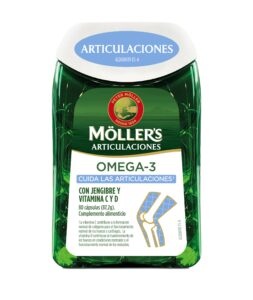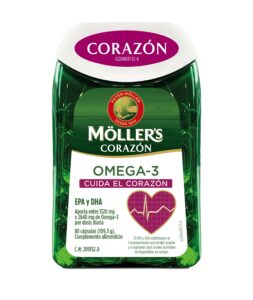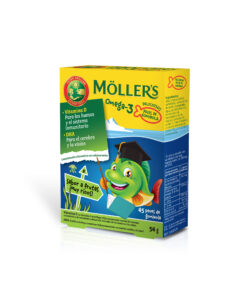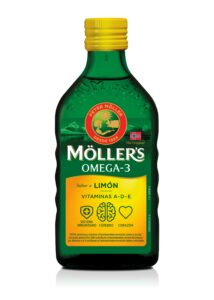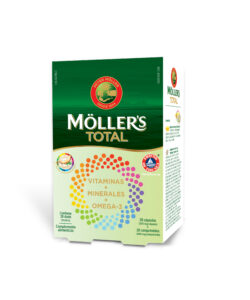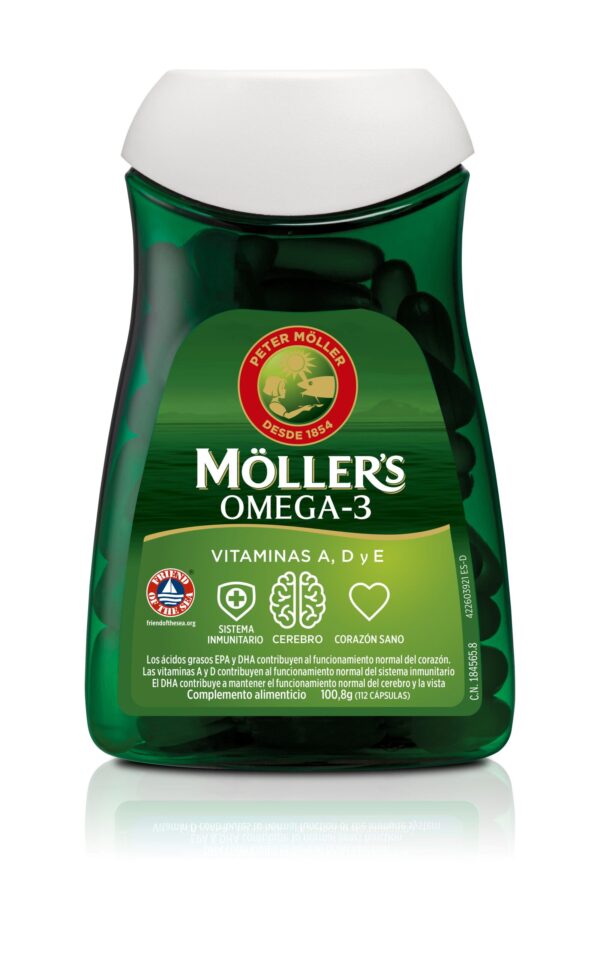One of the best and simplest ways for parents to meet the government health recommendations regarding vitamin D is to give their babies and children cod liver oil.
Home » CLO is best for vitamin D needs in infancy and beyond

CLO is best for vitamin D needs in infancy and beyond
Growing children, especially those who don’t eat a varied diet, sometimes don’t get enough vitamin A and C. It’s also difficult to get enough vitamin D through food alone. This is why the NHS recommends that all children aged six months to five years be given daily supplements of vitamins A, C and D.
The NHS further recommends that breastfed babies be given a daily vitamin D supplement, regardless of whether the mother is taking a vitamin D supplement. This is because breast milk doesn’t contain sufficient vitamin D.
However, babies who are being fed more than a pint of infant formula a day shouldn’t be given vitamin supplements because formula is already fortified with vitamin D and other nutrients.
The advantages of CLO over vitamin D drops
Cod liver oil has an advantage over vitamin D drops for babies and children because, in addition to vitamin D, it also contains beneficial omega-3 fatty acid DHA, which promotes brain and eye health, among other benefits.
Another bonus of cod liver oil is that it also contains vitamin A. As well as helping to maintain normal vision, this vitamin contributes to the maintenance of normal skin.
How much cod liver oil for baby?
In Norway, where Möller’s cod liver oil is produced (and has been given to babies and children for thousands of years), doctors advise parents to give their babies ½ a standardised 5 ml teaspoon a day, from four weeks, and to gradually increase this to a full 5 ml standardised teaspoon. This covers the daily requirement for vitamin D, which is 10 micrograms per day. The NHS advises never to use a household teaspoon to administer liquid medication as they vary in size.
Vitamin D is so important for children because they are in a very active phase when it comes to building bones and teeth, which consist of calcium. Vitamin D is essential for the body to absorb calcium from food and milk. This vitamin also contributes to the maintenance of normal muscle function.
If you get your children used to taking cod liver oil from infancy, you will be laying a good foundation that will ensure an adequate supply of vitamin D and omega-3 fatty acids in later childhood and adulthood.
But do be careful not to give your children too many vitamins. Some over-the-counter supplements contain other vitamins or ingredients so ensure not to give your child two supplements containing the same vitamins at the same time. For example, don’t give them cod liver oil and vitamin D drops, as cod liver oil also contains vitamins A and D. One supplement on its own is enough.
Source: NHS
What is good health?
Do you have a good lifestyle?
Lifestyle simply means the way in which you live. Health and lifestyle go hand in hand. You might feel you have a good lifestyle if you are physically active, eat healthily and generally experience a sense of wellbeing. Conversely, if you want good health you should also have a good lifestyle.
Physical activity is the major contributor to a good lifestyle, but diet, drugs, stress, sleep and social conditions are also play an important role. Being able to use the body properly to avoid injury also affects lifestyle. Physical activity can also prevent depression and help you to recover more quickly from mental illness, both of which obviously affect your lifestyle.
Diet can be a difficult topic for many. Perhaps you eat too much or too little or maybe you find it hard to know what foods to combine to have a balanced diet. It’s also important to eat food that contains important vitamins, minerals and dietary fibre, omega-3 and antioxidants. On top of all this, you also need to get enough energy, protein and the correct fatty acids. The requirement for these nutrients changes throughout your life. When you are older you also have different requirements than children and younger adults. Women also have different requirements than men. Pregnant and breastfeeding mothers also have special requirements.
When you get older, you lose muscle mass and your body requires less energy and therefore less food. You may lead a less active life than you did before, which is why you require less food. However, your need for minerals, vitamins and other nutrients remains the same. Of course, there are plenty of healthy and active older people, but when you reach 70 to 80 years of age, it’s easier to become ill, especially during flu season.
Some steps you can take to improve your lifestyle and health are to:
- eat a healthy and varied diet
- stay active
- watch your weight
- avoid too much alcohol and don’t smoke
- get enough sleep
- think positive
- practise good hygiene
What is good quality of life?
The World Health Organisation (WHO) defines quality of life as a state where the individual can realise their potential, cope with normal stressful situations, work in a rewarding and positive way, and be able to contribute to others and society.
Quality of life is a wide and somewhat diffuse concept that includes joy in, and a desire for, life. These are values that are rather felt than measured, which in turn are based on personal environment and choices. Quality of life doesn’t necessarily depend on being healthy or sick. It’s the moments between worries, sorrows, problems and ailments that matter. For example, if you have a chronic illness, a feeling of mastery can be important when talking about quality of life.
To sum up, quality of life is a combination of health, lifestyle, networks and social support. It’s about experiencing joy, meaning in life, satisfaction, security and a sense of belonging, as well as being able to use your strengths. It’s also about feeling interest in life, coping with everyday situations and a being committed to something or someone. If you have good quality of life, you will be able to cope better with the inevitable stressful situations in life.
Learn more
Exercise program for the elderly
Healthy Aging Healthy Bones
Healthy diet during pregnancy
Brain Healthy Aging
Good health, lifestyle and quality of life – What does it all mean?
Cod Liver Oil Healthy Aging
Get inspiration on our Instagram
This error message is only visible to WordPress admins
There has been a problem with your Instagram Feed.
